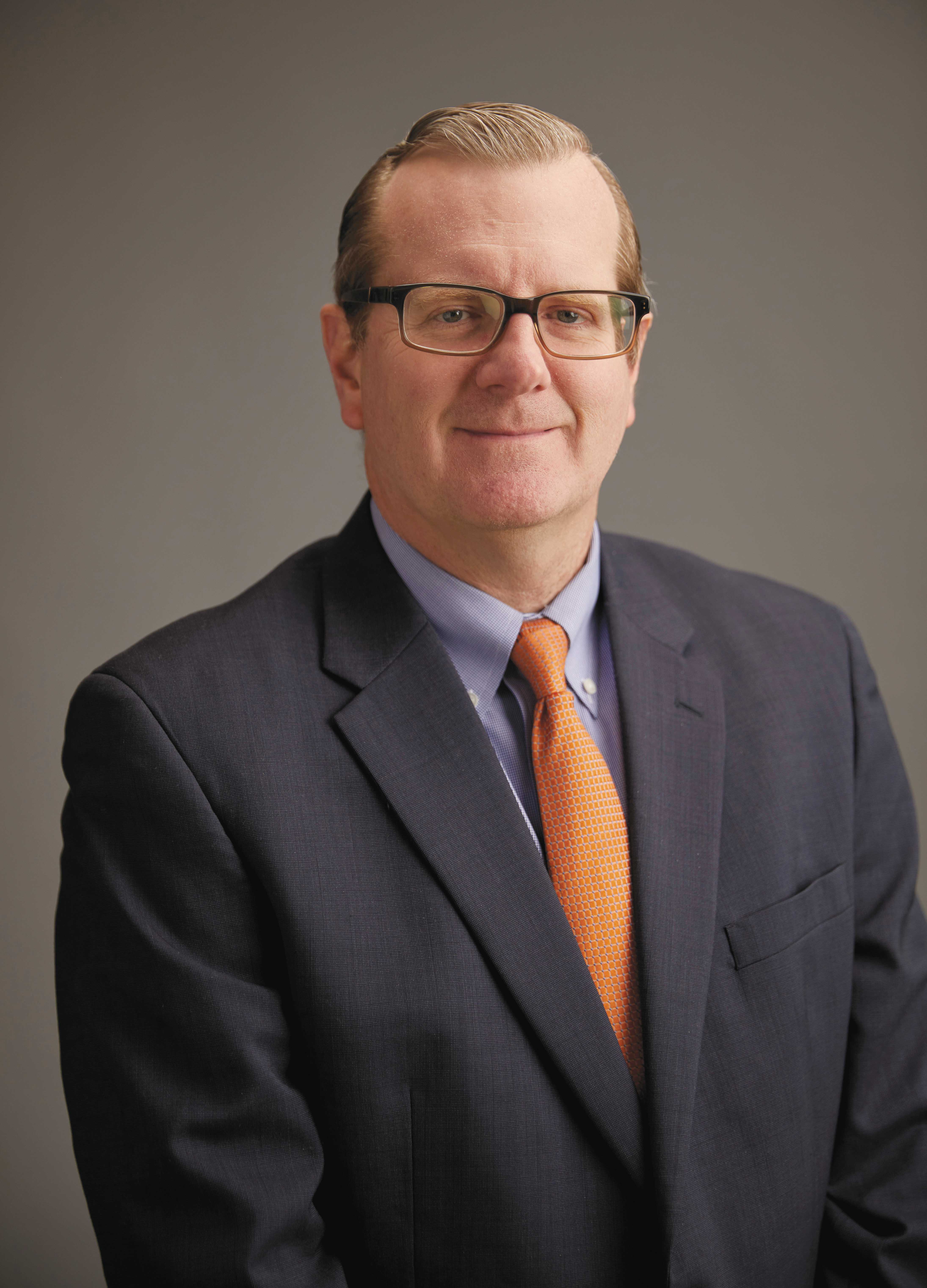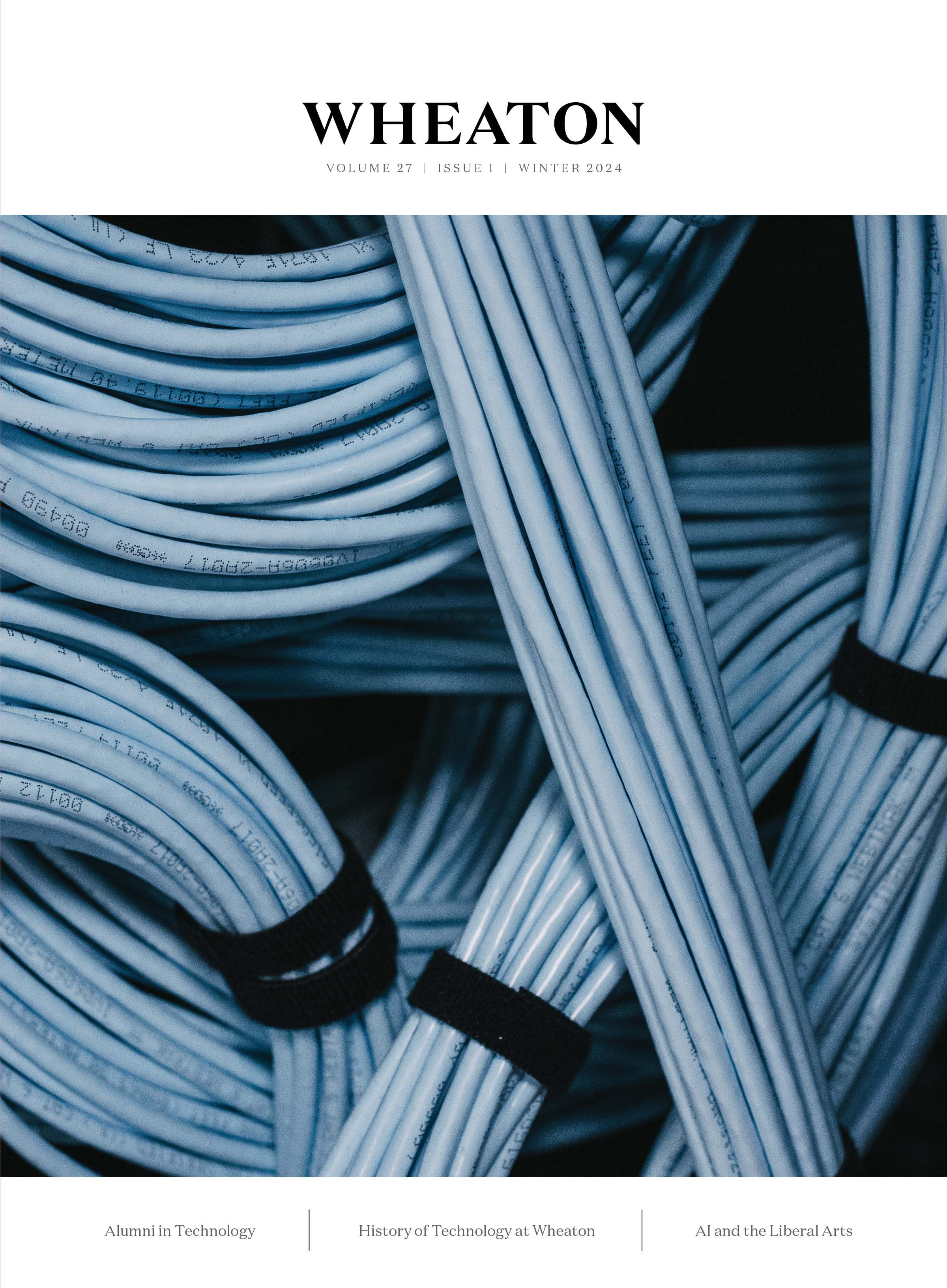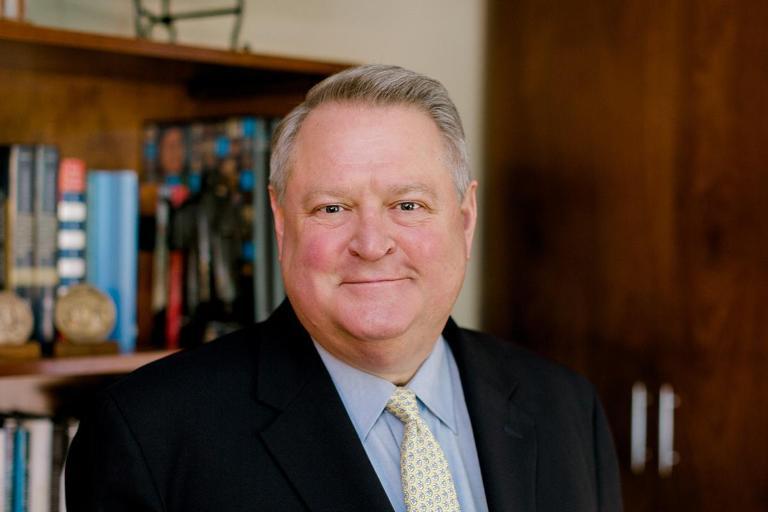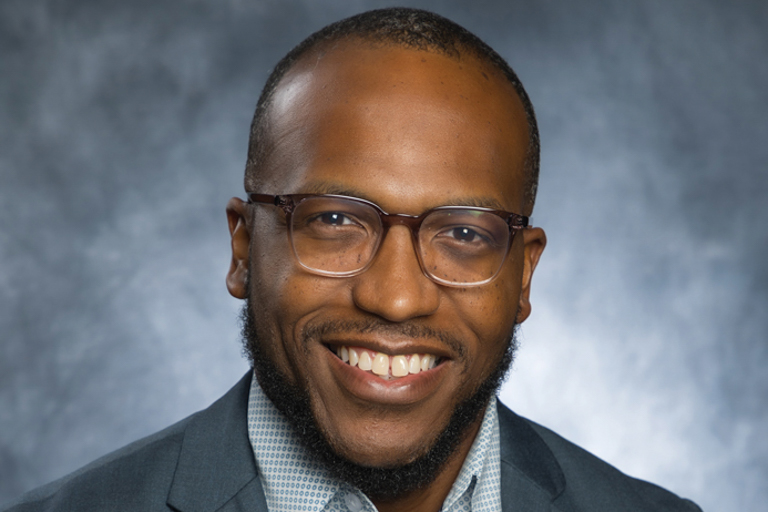A Weapon, a Toy, or a Tool?
Words: Dr. Philip Graham Ryken ’88
Photos: Darren Hauck

As we crowded in for a closer look, the rabbi’s learned finger traced the line of a groove in the gas chamber’s rusting doorframe.
It was mid-July, and we were visiting Majdanek, the infamous Nazi concentration camp on the outskirts of Lublin, Poland. The trip was hosted by the Jewish Federation of Metropolitan Chicago for Catholic, Protestant, and Evangelical church leaders, with the purpose of gaining a more complete, more empathetic understanding of the Jewish experience in Poland before, during, and after the Holocaust.
At Majdanek we followed the path that prisoners took upon arrival: into a wooden building marked Desinfektion, through the room where they were stripped of their clothing, into a larger space with freezing and scalding showers, past the selection room where new arrivals were sent either to hard labor or to certain death, and then on to the metal door of the gas chamber.
Rabbi Poupko showed us the groove in the doorframe as an artifact of sophisticated technology. For the gas chamber to fulfill its deadly purpose, its door needed to be sealed completely shut. Hence the carefully articulated groove.
Outside the gas chamber we saw further evidence of German engineering: a door bolted from the outside, clearly imprinted with the manufacturer’s mark.
What we witnessed was one of many tangible indicators of widescale complicity in Nazi atrocities, including the work of designers and technicians. It was also a reminder of the destructive and dehumanizing power of technology when it becomes an implement of our depravity.
My thoughts at Majdanek that day returned to a spirited discussion with faculty colleagues in an Advanced Faith and Learning Seminar more than a decade ago, in which media ecologist Dr. Read Schuchardt made the provocative claim that all human technologies are weapons, toys, or tools.
If Dr. Schuchardt is correct—as most of us conceded—then technology always demands moral accountability. Will we use our minds and hands to create something useful, playful, or destructive?
Because of its versatility, artificial intelligence falls into all three categories. As we explore its possibilities in the liberal arts classroom and other places across our Christ- centered campus, we are preparing our students to make daily decisions of profound consequence—decisions about new technologies that demand moral wisdom under the Lordship of Jesus Christ.




